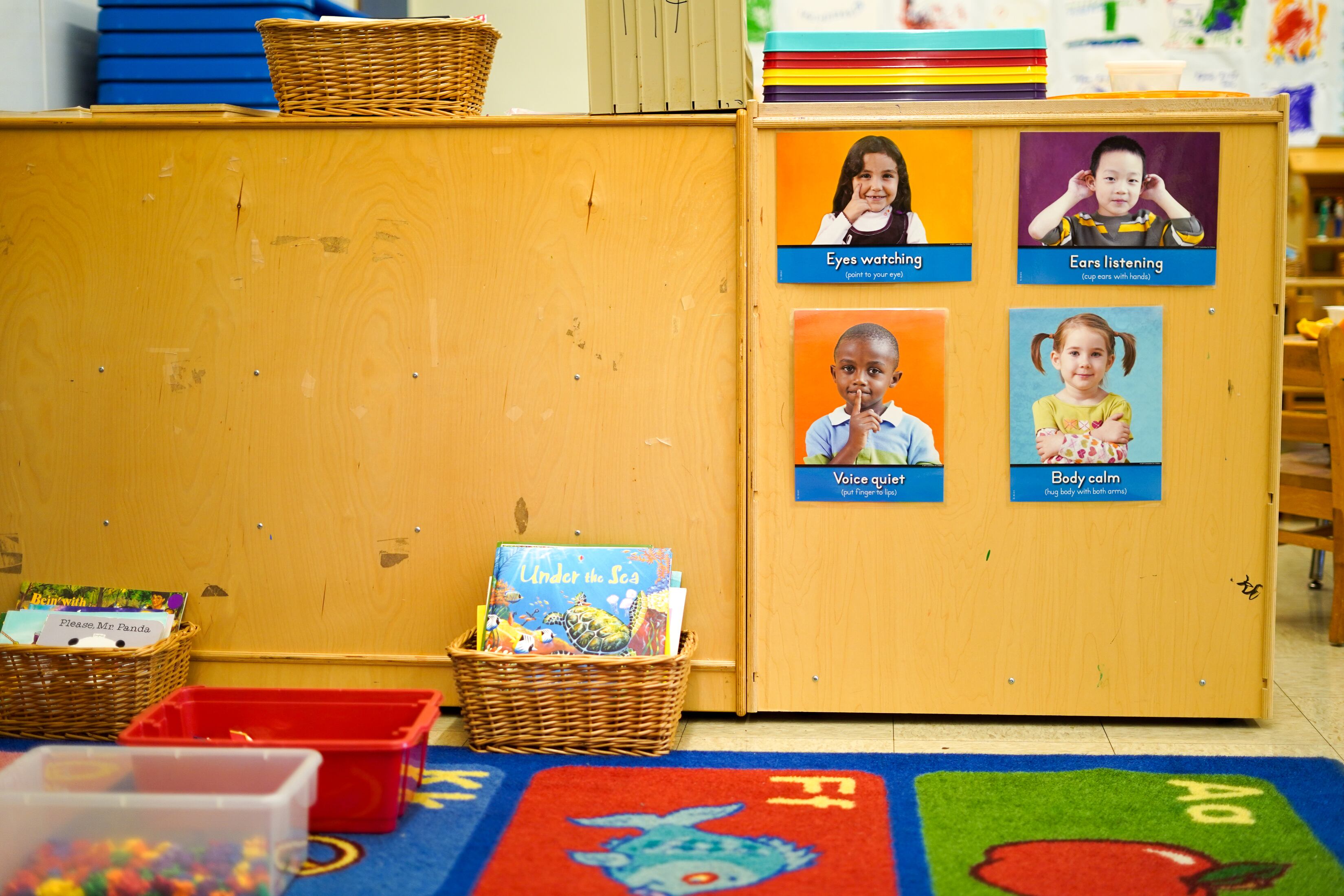Sign up for Chalkbeat Chicago’s free daily newsletter to keep up with the latest news on Chicago Public Schools.
Three out of six of Chicago’s Head Start grantees have yet to hear from the federal government if their grant has been renewed for next year.
The federal government shutdown, which lasted from Oct. 1 until mid-November, delayed the process, causing uncertainty for providers and families across the country.
Tommy Sheridan, deputy director at the National Head Start Association, said the process to approve grants typically takes some time, but this situation is different.
“We’re so delayed that we need to make this a priority. We need the administration to make this a priority,” Sheridan said. “The fact that it hasn’t been done yet is something that, I think, we’re just kind of in a holding pattern. It does not feel good when there is the possibility of programs having to close down their doors.”
Head Start grantees have to notify the federal government about their plans for funding each year. Once those plans are approved, they receive a “Notice of Award” that allows them to start using federal funding to provide services to families. For grantees whose start dates were Oct. 1, Nov. 1, and Dec. 1, the process was postponed.
Overall, four Head Start grantees in Illinois have seen delays. One organization in southern Illinois had a Nov. 1 start date, while three Chicago Head Start grant recipients, including the City of Chicago, Carole Robertson Center for Learning, and Henry Booth House, have Dec. 1 start dates, according to the Illinois Head Start Association.
The National Head Start Association estimates that about 17 programs across the country and over 6,000 children have been affected by full or partial closures as of Nov. 20 because grant letters were delayed. None of those are in Illinois.
The City of Chicago and the Carole Robertson Center confirmed that they have not received a letter to renew their funding.
The Carole Robertson Center, which receives about $28 million in funding across two grants, said in a statement that uncertainty at the federal level has created some “administrative hurdles” for Head Start grant recipients.
“The start-and-stop conditions divert our attention from our main priority, which is to deliver high-quality programs and supports to the children and families we serve,” the statement said.
The organization said the federal dollars pay for services for about 1,350 children between birth and 5-years-old at their three flagship sites in North Lawndale, Little Village, and Albany Park, along with other services and community partnerships.
A spokesperson for the City of Chicago’s Department of Family and Support Services said the city’s award amounts to over $82 million across three grants. The city’s Head Start programs serve about 3,400 children, but said the delay will not affect families. However, if the funding is not renewed they plan to work with the city’s Office of Budget and Management to develop a transition plan.
“We, as required by Head Start, will work with agencies to ensure children and families have access to continued services either at the current site or assist them in locating a new program,” a city spokesperson wrote in an email.
A spokesperson for the Administration for Children and Families, housed under the U.S. Department of Health and Human Services, said in a statement that the Office of Head Start is “working as quickly as possible to expedite awards” to grantees who were expecting to be renewed during the government shutdown.
“The office is in direct contact with affected grantees to process and approve their annual funding applications,” the statement said.
Head Start has been around for over 60 years and has had bipartisan support. In Illinois, Head Start providers serve around 28,000 children and families and employ almost 9,000 people, according to the Illinois Head Start Association. Across the nation, the program serves around 750,000 children and families between birth and 5-years-old, according to the National Head Start Association.
Head Start providers have faced many disruptions since the Trump administration’s second term started.
The Department of Health and Human Services declared that Head Start will be considered a public benefit in July. The move would have blocked undocumented immigrants from accessing Head Start, and it could have required providers to verify childrens’ immigration status. The guidance sowed uncertainty amongst Head Start providers in Illinois, but a federal judge blocked the motion in September.
In April, the federal government closed five out of ten regional Head Start offices around the country, including one in Chicago, that served states throughout the Midwest, raising concerns from U.S. lawmakers.
The Trump administration ordered a freeze on federal grants a week after entering the White House in January. Although the decision was reversed within a few days, many child care programs struggled to access funding in February, and some had to temporarily close their doors to families.
Samantha Smylie is the state education reporter for Chalkbeat Chicago covering school districts across the state, legislation, special education and the state board of education. Contact Samantha at ssmylie@chalkbeat.org.






